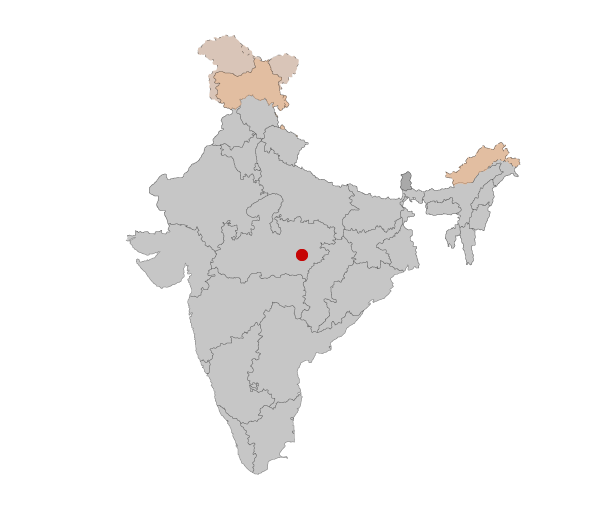No Water Source

NK is the Accredited Social Health Activist for the village since 2013. Has three daughters. N is related to the up-sarpanch, RK. Their families share the same courtyard. When we first met R and N, R took us to a room in her house where men came in to hang out, chit-chat, and spend time with us; this is a common social ritual. R’s youngest daughter is a tiny little thing whom she refers to as “meri gudiya” (my doll). N has three daughters and her house was built by her parents-in-law. Under a government scheme, these houses will be broken down to build pukka (permanent) houses. Pukka houses make you buy materials, but houses like N’s don’t. The jungle provides wood from tendu and sagon trees for the roof, and chava, silja, and sonjha for cooking. Whatever dries up or falls off is used up. Very few people in the village were farmers because of a lack of water for irrigation or even washing cattle as most of the ponds had dried up. Instead, one had to go to the nearest city to find work where the only jobs available were for temporary manual labour for construction sites, or loading bricks, harvested crops, etc. onto trucks and picking up loads at furniture shops. N and R had matching ankle tattoos, as did most other married women in the village. These tattoos of flowerpots, called ‘gundhna’, were applied a year after marriage and someone came to the house to do them.
